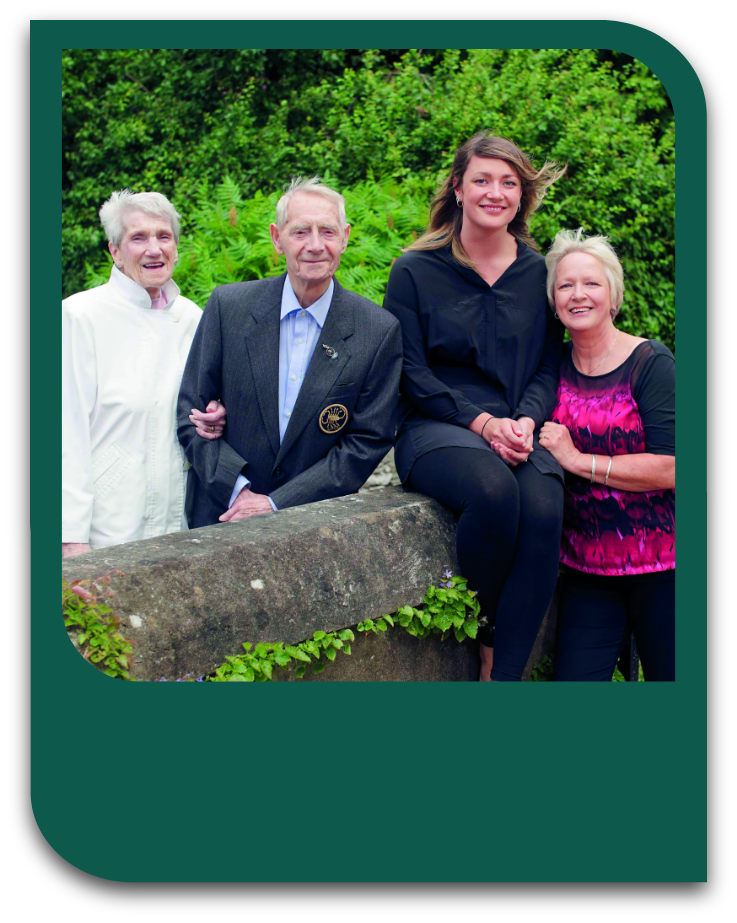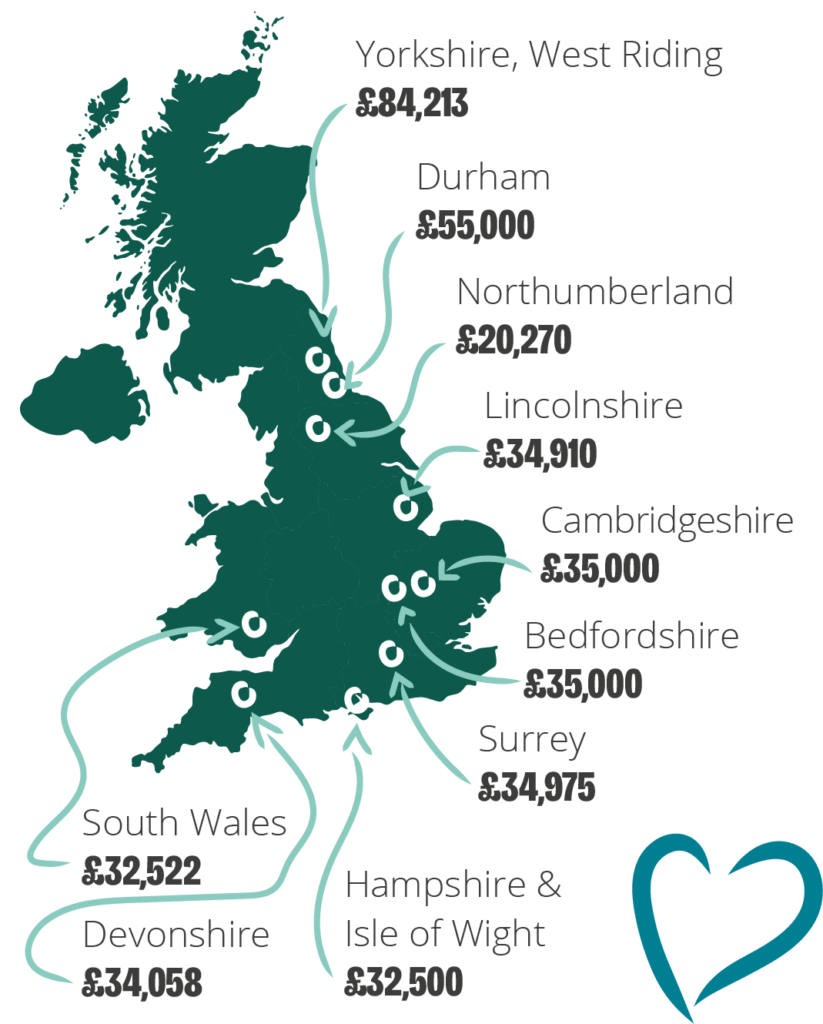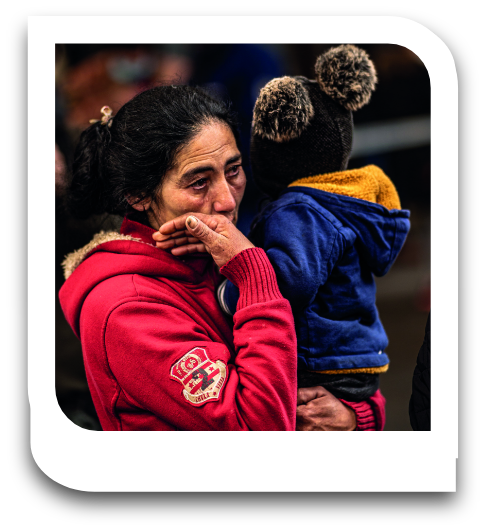- Welcome and introduction
- Our year in brief
- The MCF, our work, our impact
- Supporting individuals and their families
- Supporting charities and communities
- How we supported your local community
- Working in partnership
- Other achievements
- Our profile: the MCF in the media
- Our income and expenditure
- Freemasonry and charity
- About Freemasonry
Chapter 4
Supporting charities and communities
Charities we have supported
Through our charitable grants, the MCF and Freemasonry work closely together to provide support to help tackle some of society’s biggest challenges.












